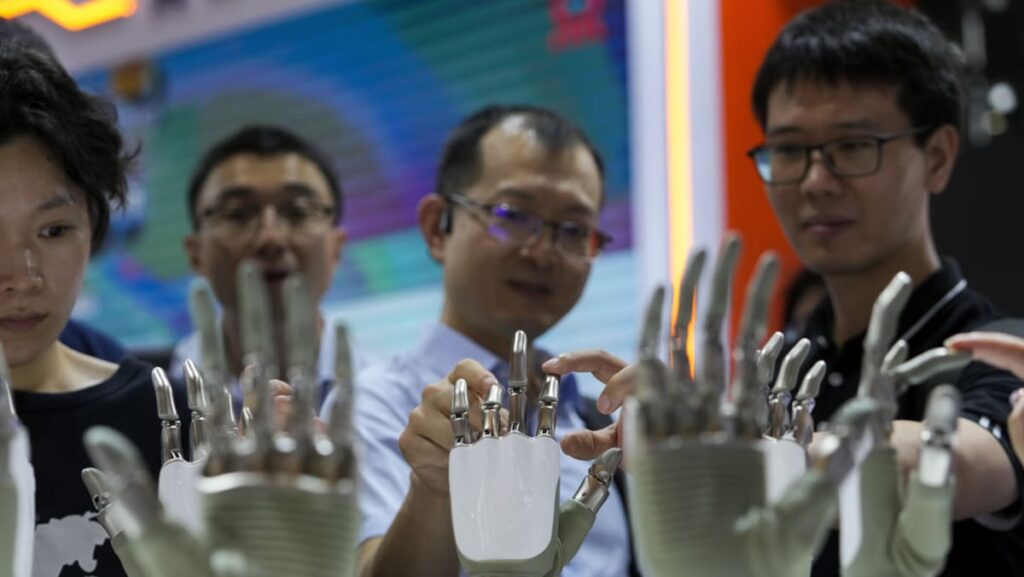Tapping into the AI Talent Pool: The Global Landscape
Did you know that China boasts the largest pool of Artificial Intelligence (AI) engineers in the world? Every year, around 3.7 million graduates emerge from STEM (science, technology, engineering, and mathematics) programs in China, vastly surpassing the United States’ production of 800,000 graduates. This immense talent reservoir positions China as a formidable player in the global AI arena.
According to Fang, a notable figure in AI research, China also leads globally in publishing AI academic papers. Yet, while the volume is impressive, a closer look reveals an intriguing dynamic: when it comes to high-quality research, the United States outshines China in terms of highly-cited papers, holding a significant portion of the top positions.
However, the statistics get even more interesting at the pinnacle of the talent pool. A survey from 2022 highlights that merely 12% of the world’s top 2% of AI experts hail from China, compared to a dominating 57% from the US. But let’s not forget—this is a notable leap from 2019 when China wasn’t even on the map in the upper echelon of AI talent.
Despite trailing the U.S. in elite AI research, China’s real strength lies in the practical application of AI technologies. Thanks to its vast consumer market and abundant data resources, China has all the right ingredients for success. Patrick Liu from Roland Berger Strategy Consultants explains that the correlation between data and algorithm accuracy is crucial: “The more data you have, the better your product performs,” he notes. This creates a powerful cycle—better products bring in more consumers, which in turn generates even more data to refine the algorithms, leading to continuous improvement.
Real-World Innovation
Imagine stepping into a bustling Chinese marketplace, where every transaction, every consumer preference feeds the data ecosystems driving local AI innovations. This real-world integration of AI is reshaping industries, from retailing in Shanghai to healthcare advancements in Beijing. As AI increasingly tailors solutions to fit individual consumer behaviors, it highlights China’s unique advantage in leveraging its data-rich environment.
The Bigger Picture
So, what does all this mean for the future of AI? It shows that while countries like the U.S. may hold the edge in top-tier research, China’s practical prowess is changing the game. As businesses in China master the art of harnessing AI to meet real consumer needs, they’re not just catching up—they’re paving new paths in the AI landscape.
In conclusion, the race for AI dominance is evolving. With considerable talent and resources, China is making meaningful strides while the U.S. continues to lead in elite research. The question now remains: how will these dynamics shift in the race to redefine the future of technology?
The AI Buzz Hub team is excited to see where these breakthroughs take us. Want to stay in the loop on all things AI? Subscribe to our newsletter or share this article with your fellow enthusiasts.




